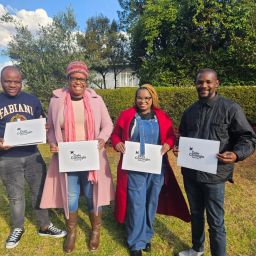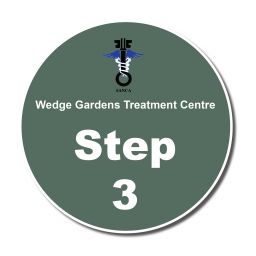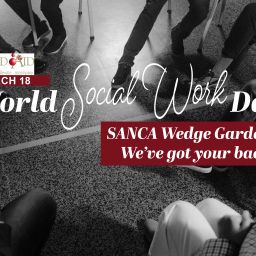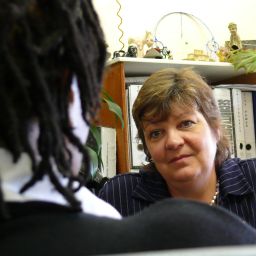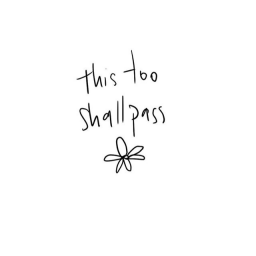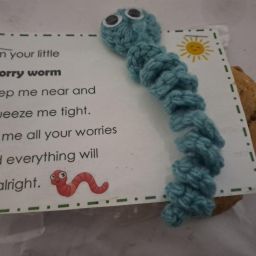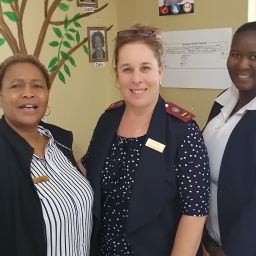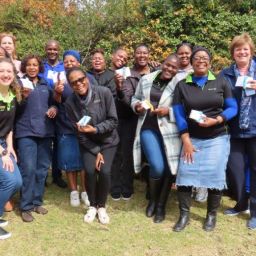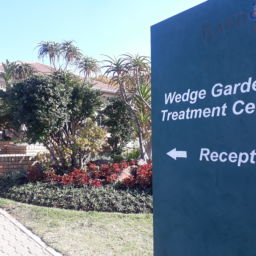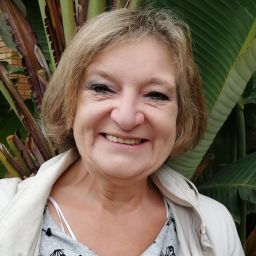In some homes across South Africa, children are not just neglected; they are emotionally abandoned, exposed to substance use, and sometimes handed the first puff or drink by the very people meant to protect them.
On World Drug Day (June 26), it’s time to confront the devastating role that broken family structures and societal apathy play in the early onset of substance use disorder (SUD), says Adèl Grobbelaar, who heads up SANCA Wedge Gardens in Johannesburg.
This year, the United Nations Office on Drugs and Crime urges the world to ‘Break the Cycle’ and #StopOrganisedCrime, highlighting the complex web of addiction, family dysfunction and societal collapse that drives the drug trade.
According to Grobbelaar, family life has changed dramatically, and not for the better. “The lack of effective discipline and involvement of parents in their children’s lives is a major problem,” she says. “Many children come from single-parent households or grow up not knowing their fathers at all. Some are abandoned by parents who can’t cope and leave their children with anyone willing to take them.”
In many cases, parents themselves are the first link in the chain of SUD. “Some parents introduce drugs to their children,” says Grobbelaar. “Others allow or enable alcohol use at parties, even buying spirits for underage children. They want to be the ‘cool parents’ instead of setting boundaries – and then they’re shocked when things spiral out of control.”
There’s also growing concern about the impact of early trauma and insecure attachments on a child’s long-term risk of developing SUD. “The buzzword in therapy right now is ‘attachment theory’,” Grobbelaar explains. “Children who don’t form healthy bonds with caregivers often make harmful choices later in life. What we’re seeing is that a large portion of our patients, many of who are dual- or triple-diagnosed with mental health issues, come from homes marked by dysfunction, abuse or complete emotional neglect.”
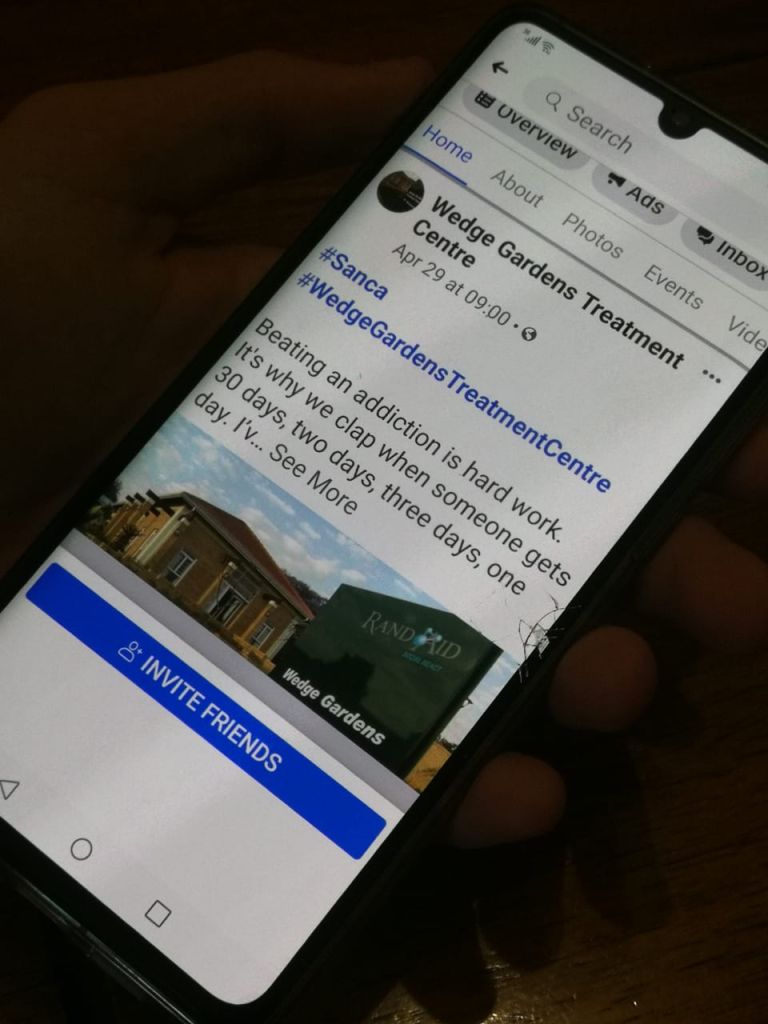
Societal failures
But families are not the only ones failing. Society at large is falling short, with inadequate education, poor co-ordination between government departments and widespread stigma.
“Despite SUD being a diagnosable medical condition, the public still views it as a moral failing,” Grobbelaar says. “Doctors, hospitals, even psychiatric services are reluctant to help people who use substances. They’re not treated like patients, they’re treated like criminals.”
Schools are also a battleground. Grobbelaar warns that drug dealers adapt their methods depending on the community. “All schools are at risk, not just those in disadvantaged areas. In some, it’s drug-laced sweets or muffins sold by vendors at the school gates. In others, it’s learners recruited to push drugs under the guise of ‘scholarships’ offered by gangs to vulnerable children.”
And while drug education exists on paper, the reality of SUD is often missing in the classroom. “Teachers know some learners are using, but they don’t have the tools or the support to deal with it.”
Parents also struggle with denial. “They don’t recognise the signs of substance abuse,” Grobbelaar says. “They explain away changes in behaviour as typical teenage angst. Many don’t even know what drug paraphernalia looks like. Others feel ashamed, so they keep the problem hidden instead of seeking help early.”
Unethical rehab centres
When families do finally seek help, they often fall into the hands of unregulated, unethical rehab centres. “Some facilities are not registered, don’t have qualified staff and use abusive practices,” Grobbelaar says. “People are desperate and end up paying for places that do more harm than good.
“We have heard horror stories ranging from people being isolated in railway containers to sweating out the drugs or being shocked with electrical cords if they do not comply with the rules.”
Children fall through the cracks
Meanwhile, the most vulnerable children, those on the streets, often fall through the cracks entirely. “We’ve seen children as young as nine battling substance use. There simply aren’t enough beds in Gauteng for minors. Outpatient programmes depend on parental involvement, which is often missing. And for children with no family support, the system offers little to nothing.”
At Wedge Gardens, Grobbelaar and her team treat adult men, but the patterns are clear. “We now see more black patients—around two-thirds of our caseload—and almost all have co-occurring mental health issues. Many present with additional addictions, like gambling or pornography.”
While rehabilitation and therapy are crucial, preventing SUD must start earlier – in homes, in schools and communities. “Families need to stop hiding the problem,” Grobbelaar urges. “We need better public education, early intervention and a massive shift in how society treats those battling SUD. The earlier it’s detected and treated, the better the outcome.”
For more information on Wedge Gardens, visit www.wedgegardens.co.za



